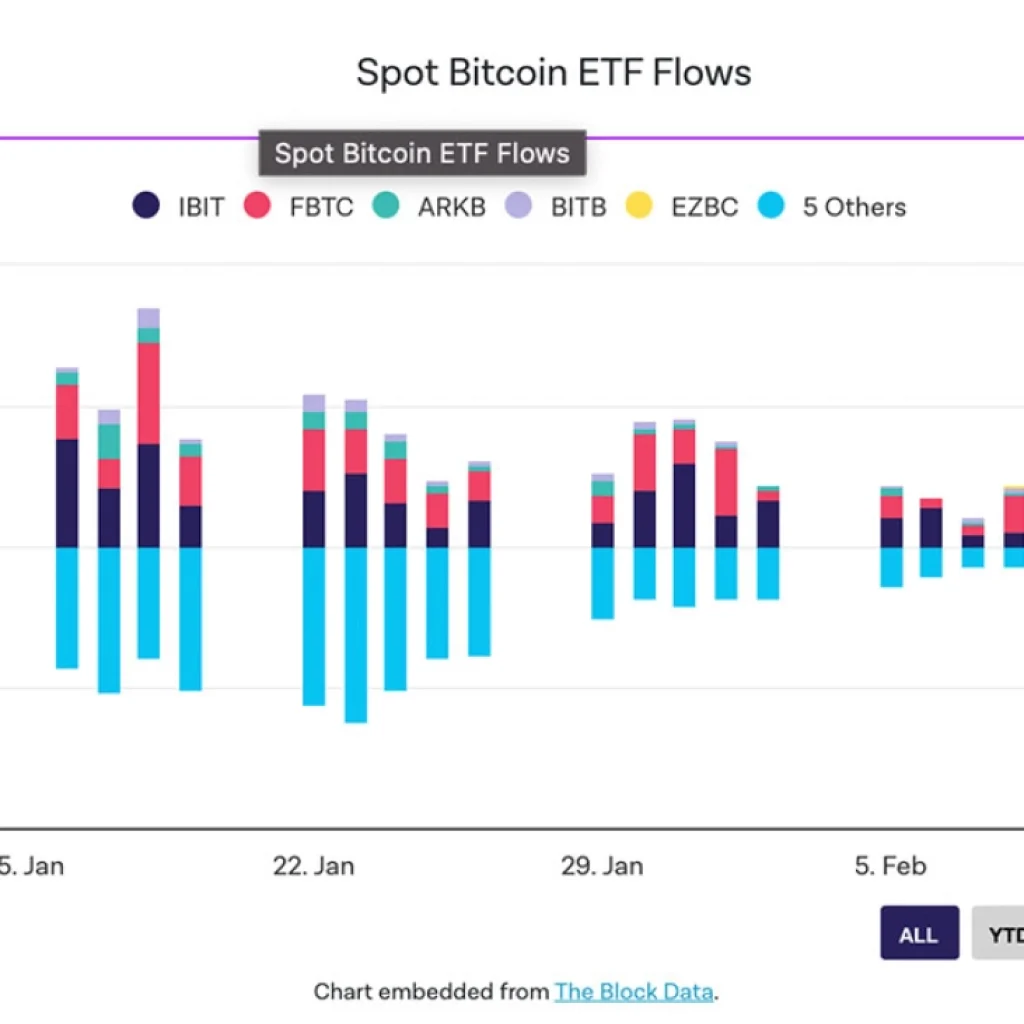Justin Bons, the founder and chief investment officer of European cryptocurrency fund Cyber Capital, has once again criticized the operations of Ethereum L2 solutions. In a recent X post on Saturday, Bons tagged these blockchain platforms designed to improve the scalability of the Ethereum network as dangerous with the capacity to cart away users’ funds unchecked.
Ethereum L2 Centralized Design Poses A Problem?
According to Justin Bons, most major Ethereum L2 solutions are centralized, with single servers often being responsible for running the platform’s operations. The Cyber Capital CIO states that this design which goes against the cypherhunk principle of decentralization and security, can be considered harmful to investors as these chains can collapse at any moment due to a singular event or even be manipulated to steal users’ funds.
In backing these claims, Bons made reference to Consensys’ zkEVM Roll-up network Linea whose management on June 2nd, 2024, initiated a pause in block production due to a bug in the platform’s smart contract.
The acclaimed crypto researcher also highlighted when the Optimism chain underwent a 2-hour downtime on February 15th, 2024, due to a bug in the network’s centralized sequencer. In addition to these examples, Justin Bons’ report also included similar incidents with other Ethereum L2 solutions such as Starknet, ZkSync, Arbitrum, and Polygon, all of which can be traced to the centralized nature of these projects.
The Cyber Capital founder expresses significant opposition to these L2 solutions, stating they do not offer the same level of security and stability as the main Ethereum network. In addition, he states while an adverse scenario such as loss of user funds is yet to occur, the fact that such potential exists is highly concerning.
Interestingly, these statements follow previous claims by Bons that Ethereum had formed a parasitic relationship with L2s whereby these platforms now almost run independently of the main network, with significant control over liquidity and other factors crucial to the Ethereum ecosystem.
Ethereum Poised For Further Price Decline
In other news, popular crypto analyst Ali Martinez has postulated that Ethereum may yet maintain a downtrend for the time being. Notably, the prominent altcoin produced an underwhelming performance in August losing 22.36% of its value. According to the MVRV momentum (180-day), which measures the change of the market value to realized value ratio over 180 days, Ethereum still appears largely overvalued. Therefore, its downtrend is likely far from a reversal.
At the time of writing, the second largest cryptocurrency exchange hands at $2,500 with a slight loss of 0.99% over the last day. Meanwhile, the asset’s daily trading volume has declined by 55.75% and is valued at $6.85 billion.
Featured image from Forbes India, chart from Tradingview





